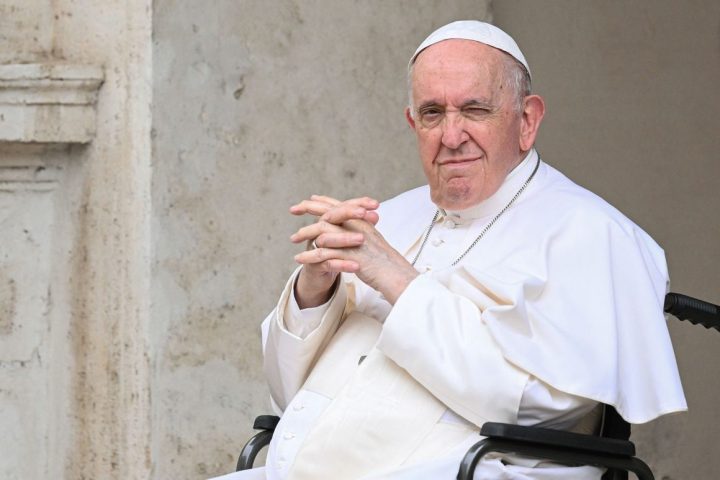Nigeria has emerged victorious in the execution of a $11bn Process & Industrial Development (P&ID) Limited arbitration award as the presiding judge, Justice Robin Knowles, ruled in favour of the country.
Nigeria had signed a Gas Supply and Processing Agreement (GSPA) with the P&ID in January 2010. The agreement was to build a processing plant in Calabar, the capital of Cross River, but the deal failed in August 2012 and the company demanded a compensation of $5.96bn from Nigeria with arbitration proceedings against the country at the London Court of International Arbitration.
Join our WhatsApp ChannelLater on, in January 2017, the London Court of International Arbitration declared Nigeria guilty of breaching the contract and ordered the country to pay the company $6.6bn with interest starting from May 20, 2013.
Before the judgment, the interest fixed at seven percent ($1m daily) had rrached over $11bn.
Afterwards, Nigeria filed an Appeal against the execution of the award and the court granted the country’s requestin September 2020.
Nigeria’s counsel had argued that there was a lot of evidences that the contract and the arbitration award were acquired by fraud.
Nigeria’s lawyer then pleaded with the court to put aside the award, addong that some individuals involved in the case were being tried for money laundering and corruption.
The verdict of the case was delivered physically in the court, and sent by email to the concerned parties on Monday, October 23,2023, Nigeria succeeded in stopping the enforcement of the award which was initially in favour of P&ID.
The judge had stated that the award which P&ID had held against Nigeria was acquired through fraudulent means.
According to him, “In the circumstances and for the reasons I have sought to describe and explain, Nigeria succeeds on its challenge under section 68. I have not accepted all of Nigeria’s allegations. But the Awards were obtained by fraud and the Awards were and the way in which they were procured was contrary to public policy”.
At the end of the day, the judge not only agree that the arbitration awards were obtained through fraudulent means, but he also agreed the manner that the way the arbitration awards were obtained were against public policy.
Therefore, he said, “What happened in this case is very serious indeed, and it is important that section 68 has been available to maintain the rule of law. 576. Section 68 (3) provides:
“(3) If there is shown to be serious irregularity affecting the tribunal, the
proceedings or the award, the court may—
“(a) remit the award to the tribunal, in whole or in part, for reconsideration,
“(b) set the award aside in whole or in part, or
“(c) declare the award to be of no effect, in whole or in part.
“The court shall not exercise its power to set aside or to declare an award to be of no effect, in whole or in part, unless it is satisfied that it would be inappropriate to remit the matters in question to the tribunal for reconsideration.
“I was asked by Lord Wolfson KC in closing that should my judgment conclude in favour of Nigeria, as it does, to leave over the question of the order the Court should make so that the parties have the opportunity to present argument once they have considered the judgment. I respect that request and will hear that argument as soon as that can be arranged.”















![Breaking: Tinubu Returns To Abuja After Europe Trip [Photos]](https://www.primebusiness.africa/wp-content/uploads/2025/04/Tinubu-returns-to-Abuja-Pohotos-2-720x480.jpeg)


Follow Us